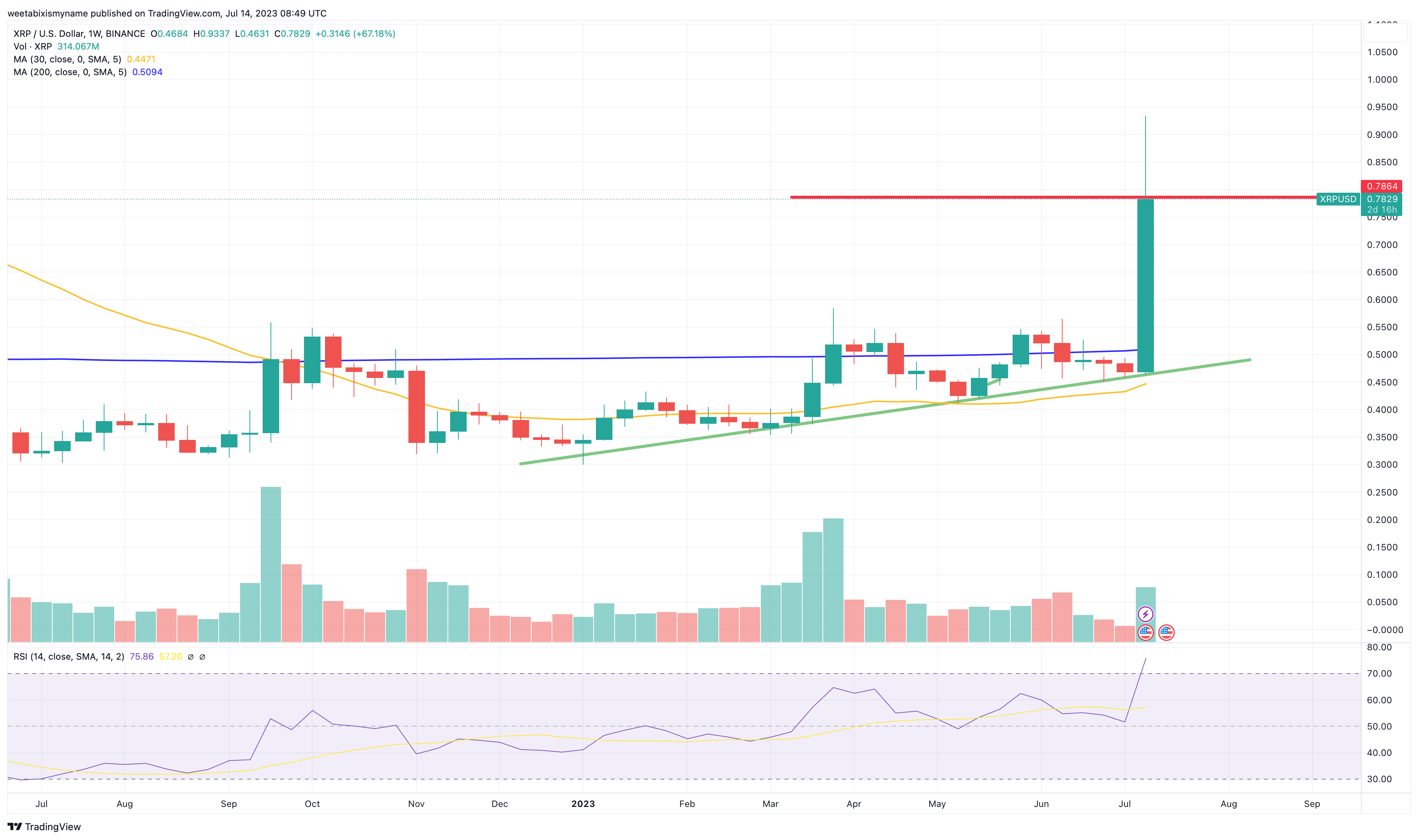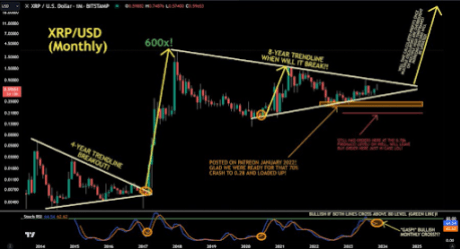China's Growing Presence In Greenland: A Threat To US Interests?

Table of Contents
Economic Investments and Resource Extraction
China's expanding economic footprint in Greenland is primarily driven by its interest in accessing the island's vast mineral wealth, particularly rare earth minerals crucial for high-tech industries. These investments represent a significant opportunity for Greenland's economic development, offering the potential to alleviate its dependence on Denmark and diversify its economy. However, this economic reliance on China carries strategic implications, potentially creating vulnerabilities and influencing Greenland's geopolitical alignment.
- Specific examples of Chinese investment in Greenlandic mining projects: While specific details are often shrouded in confidentiality, reports indicate Chinese companies exploring investments in various rare earth mineral deposits and other valuable resources across Greenland. This includes potential collaborations with Greenlandic companies and joint ventures.
- Analysis of the economic dependence Greenland might develop on China: The influx of Chinese investment could lead to a significant economic dependence on China, potentially influencing Greenland's political decisions and creating leverage for Beijing. This dependence needs careful monitoring and assessment.
- Discussion of the global demand for rare earth minerals and China's role in the market: The global demand for rare earth minerals is soaring, driven by the growth of electric vehicles, renewable energy technologies, and advanced electronics. China currently dominates the global market for processing and refining these minerals, making access to Greenland's reserves highly attractive.
Infrastructure Development and Port Access
China's interest extends beyond resource extraction to infrastructure development, particularly in Greenland's port facilities. Improving port infrastructure is crucial for facilitating resource extraction and potentially establishing a strategic foothold in the Arctic. The development of better port access offers significant advantages for Arctic shipping routes, shortening transit times and enhancing trade opportunities, particularly for China. However, this enhanced access also raises concerns regarding its potential impact on US naval operations and logistical capabilities in the region.
- Specific examples of Chinese involvement in Greenlandic port development: While large-scale port projects haven't materialized yet, there are reports of exploratory discussions and smaller-scale infrastructure projects involving Chinese companies. This warrants close attention as these initiatives could rapidly escalate.
- Analysis of the strategic implications of improved port access for China: Improved port access in Greenland would provide China with a strategic advantage, offering a potential staging point for operations in the Arctic and enhancing its influence on crucial shipping lanes.
- Discussion of the potential impact on US military presence in the Arctic: Increased Chinese presence near strategically important Greenlandic ports could directly challenge the US military's ability to conduct operations and maintain its presence in the Arctic, potentially impacting surveillance, response times, and overall regional stability.
Geopolitical Implications and Strategic Competition
China's expanding activities in Greenland represent a significant shift in the geopolitical landscape of the Arctic. This growing influence directly challenges existing US strategic interests and contributes to increased great power competition in the region. The Arctic’s strategic importance—its rich resources, crucial shipping routes, and potential for military advantage—makes it a key area of competition.
- Discussion of the Arctic Council and its role in regional governance: The Arctic Council, an intergovernmental forum, plays a crucial role in regional governance. However, its effectiveness in managing increasing geopolitical competition is being tested, highlighting the need for strengthened multilateral cooperation.
- Analysis of US and Chinese Arctic strategies: The US and China have diverging Arctic strategies. While the US emphasizes preserving stability and promoting international cooperation, China focuses on economic development and infrastructure development, leveraging this for geopolitical gains.
- Assessment of the potential for conflict or escalation between the US and China in the Arctic: While direct military conflict is unlikely, the potential for miscalculation and escalation remains, necessitating careful diplomatic engagement and clear communication to manage competition effectively.
The Role of Greenlandic Autonomy
Greenland's self-governance is a critical factor in its evolving relationships with both China and the US. Balancing economic development with geopolitical considerations is a major challenge for Greenland. While economic opportunities offered by China are attractive, Greenland must carefully consider the long-term strategic implications of increased dependence on a single global power.
- Analysis of Greenland's relationship with Denmark: Greenland’s relationship with Denmark remains significant, and Denmark’s own relationship with the US and EU influences Greenland's choices.
- Discussion of the challenges Greenland faces in navigating great power competition: Greenland faces the difficult task of balancing its desire for economic independence with the risks associated with becoming embroiled in great power competition.
- Examination of the potential for Greenland to leverage its autonomy for greater economic and political independence: Greenland has the potential to leverage its autonomy to secure better terms from both China and the US, maximizing economic benefits while minimizing geopolitical risks.
Conclusion
China's growing presence in Greenland is a complex issue with significant implications for US strategic interests in the Arctic. The economic incentives for Greenland are substantial, but the potential for increased geopolitical competition and strategic dependence on China cannot be ignored. This situation necessitates careful consideration by policymakers and a proactive approach from the US to manage the challenges and opportunities presented by China's increasing influence. Further research into China's growing presence in Greenland and its implications for US interests is crucial to crafting effective strategies for navigating this evolving geopolitical landscape.

Featured Posts
-
 Impact Of Tariffs Chinas Policy Response Through Rate Cuts And Lending
May 08, 2025
Impact Of Tariffs Chinas Policy Response Through Rate Cuts And Lending
May 08, 2025 -
 Ravens Sign De Andre Hopkins A One Year Deal Analysis
May 08, 2025
Ravens Sign De Andre Hopkins A One Year Deal Analysis
May 08, 2025 -
 The Bank Of England And A Half Point Rate Cut Economic Analysis
May 08, 2025
The Bank Of England And A Half Point Rate Cut Economic Analysis
May 08, 2025 -
 Watch Oklahoma City Thunder Vs Houston Rockets Game Time Channel And Betting Guide
May 08, 2025
Watch Oklahoma City Thunder Vs Houston Rockets Game Time Channel And Betting Guide
May 08, 2025 -
 The China Factor Examining The Automotive Industrys Dependence And Risks
May 08, 2025
The China Factor Examining The Automotive Industrys Dependence And Risks
May 08, 2025
Latest Posts
-
 Xrp Price Prediction Is A Parabolic Rise On The Horizon
May 08, 2025
Xrp Price Prediction Is A Parabolic Rise On The Horizon
May 08, 2025 -
 3 Key Factors Suggesting A Possible Parabolic Xrp Move
May 08, 2025
3 Key Factors Suggesting A Possible Parabolic Xrp Move
May 08, 2025 -
 Xrp News 3 Reasons For A Potential Xrp Price Surge
May 08, 2025
Xrp News 3 Reasons For A Potential Xrp Price Surge
May 08, 2025 -
 Investing In Xrp After Its 400 Increase A Prudent Approach
May 08, 2025
Investing In Xrp After Its 400 Increase A Prudent Approach
May 08, 2025 -
 The Ripple Effect Analyzing Xrps 400 Growth And Future Potential
May 08, 2025
The Ripple Effect Analyzing Xrps 400 Growth And Future Potential
May 08, 2025
